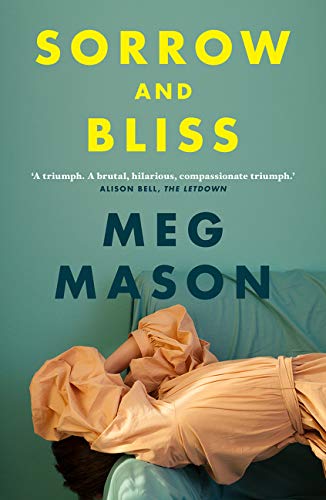What do you think?
Rate this book


352 pages, Paperback
First published September 2, 2020
“Everything is broken and messed up and completely fine. That is what life is. It's only the ratios that change. usually on their own.”
"But the thing about labels is, they're useful when they're right because," I carried on through her attempt at interruption, "because then you don't give yourself the wrong ones, like difficult or insane, or psychotic or a bad wife."
I saw shame and hope and grief, guilt and love, sorrow and bliss, kitchens, sisters and mothers, joy, fear, rain, Christmas, gardens, sex and sleep and presence and absence, the parties, Patrick’s goodness. My striking unlikeability and attention-seeking punctuation.
I could see what I had now. Everything people want in books, a home, money, to not be alone, all there in the shadow of the one thing I didn’t have. Even the person, a man who wrote speeches about me, and gave things up for me, who sat beside the bed for hours while I was crying or unconscious, who said he’s never change his mind about me and stayed even after he knew I was lying to him, who only hurt me as much as I deserved, who put oil in the car and would never have left me if I hadn’t told him to.